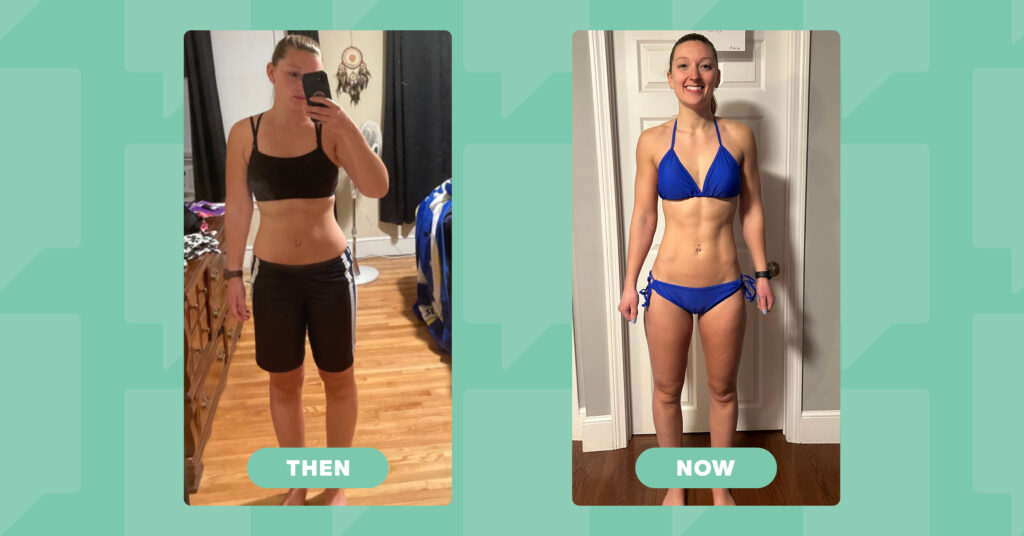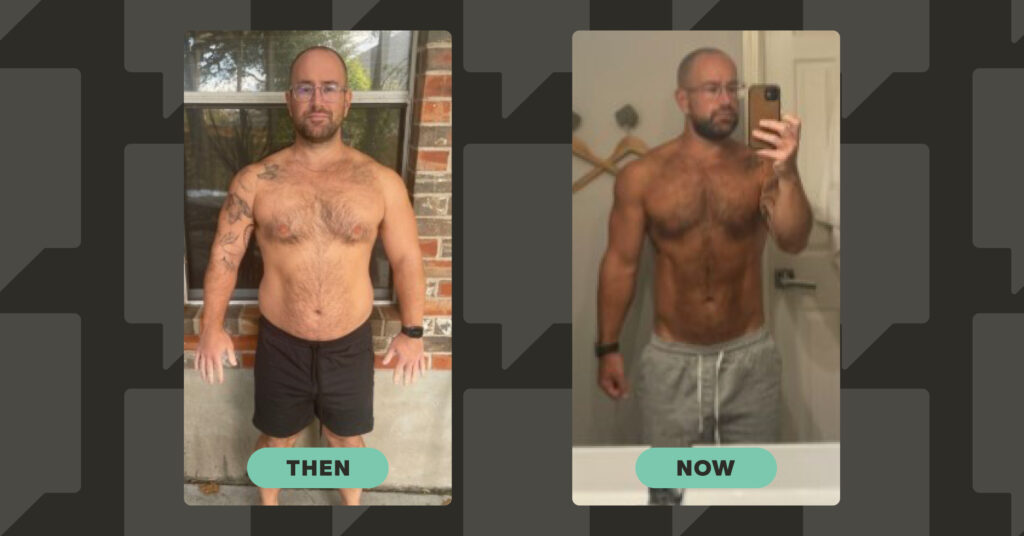The Netflix original series Ozark just came out with its second season, and not to spoil anything, but it’s incredible. It’s partly incredible because I’m convinced that Jason Bateman can do no wrong, partly because I just love TV dramas that have to deal with organized crime and partly because of one outstanding little coaching moment that I picked up on during the show.
Now, again, I’m not gonna spoil anything. So if you haven’t seen the show, that’s okay.
But there’s this wonderfully endearing moment with Jason Bateman’s character where his entire world is hanging by a thread. He’s got bosses who run one of the most dangerous drug rings in North America breathing down his neck, he’s got a family that seems to be falling apart, and he’s got business partners that just won’t listen to a thing he’s got to say.
It’s deeply clear that the guy is drowning and it doesn’t look like he’s going to find his way out. At least until his roommate, the crusty old man affectionately referred to as “Buddy” steps in and offers some sage wisdom:
“You’re too busy trying to please everyone. You gotta act.”
I watched this show in which this wonderfully gruff and charming old man smacks some wisdom into his in-over-his-head roommate. The same roommate that happens to be involved in organized crime. And all I could think about is how applicable that same advice is to each and every Stronger U member.
Jason Bateman’s character, Marty, was too caught up trying to take care of everything. He’d let himself get wrapped up in the bigness of everything he was involved in. Falling victim to the idea that if he just thinks about everything he’s got going on and all of the big stuff he’s working on that is somehow the same as acting and working towards his goal. When we all know it’s not. Not if you’re caught up in a terrible organized crime ring, and not if you’ve got a weight loss goal.
The big hairy scary goal.
I’ve been lucky enough to play a part in a few 100lb+ transformations or other equally impressive feats of discipline and consistency. It never ceases to amaze me when someone sets out on a long journey like that and winds up coming back a brand new person. I have to imagine that it’s probably the same feeling that the residents of the Shire felt when Frodo left and then finally came back.
But you know what’s interesting to me about the people who have made those changes? Those changes that clearly take a significant length of time? Those kinds of changes that very obviously aren’t going to happen overnight, but instead will take well over a year?
Those people almost never talk about how long that goal is going to take.
It’s weird, and I hadn’t ever really put it together until I was watching Ozark, but most of the people I’ve worked with, or been around who have made some very incredible transformations, never talk about the end goal. Or at least they don’t talk about it near as much as you might think they might.
Instead, you know what they spend their time talking about?
They spend their time talking about the things they did that day. They spend their time talking about the things that happened yesterday, and the things that they’re going to do tomorrow. They keep the scope zeroed in on the very next goal because they know that’s the only goal that really matters.
Now, that’s not to say that those people forgot all about their big goal. If you’ve got a goal to lose 100lbs, run a marathon, or something equally gigantic, you don’t just forget about that thing. It doesn’t just disappear from your mind. Instead, they shift their relationship to that goal. They cut the goal down into more manageable chunks that are reasonable and doable.
What’s more, when I got curious about why people would treat these big goals that way, some of the same answers started popping up:
“It was too gigantic. I knew that if I kept thinking of it like that, I was going to get intimidated by it and quit.”
“Losing 100lbs had been a lifelong dream of mine, but I knew that if I kept thinking of it like that, I was subconsciously going to expect it to happen overnight. I knew I needed to break it down to keep myself from getting disappointed.”
“It just made sense. I knew it was a big journey, but I knew I had to take it one step at a time.”
What’s the common thread there? That the big overall goal itself was too big. Too intimidating. It was too much by itself. So in order to find a way to make that goal less intimidating, and in turn, more doable, they broke things down into what they could do on a day by day basis.
How to make any goal possible.
One of my favorite exercises to do with my clients is to have them go through the following scenario:
“Imagine that in a year from now this program has worked out more perfectly than you could’ve ever imagined. Your body looks incredible. You have a healthy and productive relationship with food, and you feel strong in your workouts. Now, what do you think THAT person does on a daily basis?”
It’s a fun exercise because I think it’s a fun chance for us to imagine what things would look like if they went well, but that’s not why I think it works for people. I think it works for people because of the last bit. Because of the emphasis on day to day actions. And it’s that emphasis on day to day actions that can make any goal of yours a possibility.
See, far too often we get caught up in the trap of thinking that just talking about our goal is the same as laying out a plan to get there. Or even worse, we talk enough about our goal that we start to develop some half-baked plan to get there, but never do the rest of the work.
We might know that in order to lose weight we need to stay in a calorie deficit, but we don’t talk about the day to day behaviors we’re going to use to get in that calorie deficit.
Or we might know that we want to run a marathon and that we need to increase our mileage on a consistent basis. But we never go through the work of thinking about what that daily training process looks like, when the long runs will get put in place, and what the mileage increases on those long runs actually looks like.
Those day-to-day goals and behaviors that we’re talking about are called process-oriented goals, and process-oriented goals are your new best friend.
Process-oriented goals are the goals that you do every single day. They’re the things that you repeat all the time. The day in and day out behaviors that at times can get monotonous? The prepping food on Sunday so you have food for Monday? The eating salad for lunch on Wednesday instead of the pizza in the breakroom? Those are process-oriented goals. And it’s those goals that serve as the stones that build the path to your long-term goal.
Someone doesn’t lose 100lbs without working at it every single day, much the same as you don’t get to the top of Mount Everest without putting one foot in front of the other. Your process-oriented goals serve the exact same purpose here.
What should you do?
Think about a bigger goal you have. It doesn’t have to be a quantifiable weight-loss number, and it doesn’t have to be a marathon. There aren’t any rules for goals. They’re your goals, and I want you to set the goals that you want to set. But once you’ve set that goal, the real fun begins:
Imagine that goal is accomplished in exactly one year from now by a friend of yours. Imagine that you and this friend are having coffee and talking about all that they’ve accomplished in the past year. You’re sitting there having coffee with them, slightly jealous that they’ve accomplished the major thing you’ve accomplished when you ask them this:
What are 2-3 things you did every single day to make this happen?
Let this imaginary friend answer, and then write those answers down. Once you write those answers down, find ways to implement them into your daily life.
Those answers are your process-oriented goals, and it’s those process-oriented goals that are going to serve as the waystones towards your new life.
And just in case you’re reading this and thinking about some of the big goals you’ve had, or you’re thinking about how adopting process-oriented goals might help you, but you’d like a little guidance, don’t forget that we are currently in the middle of our biggest sale yet. All Stronger U sessions are discounted for returning AND new members. You can find all of the details via this link.









